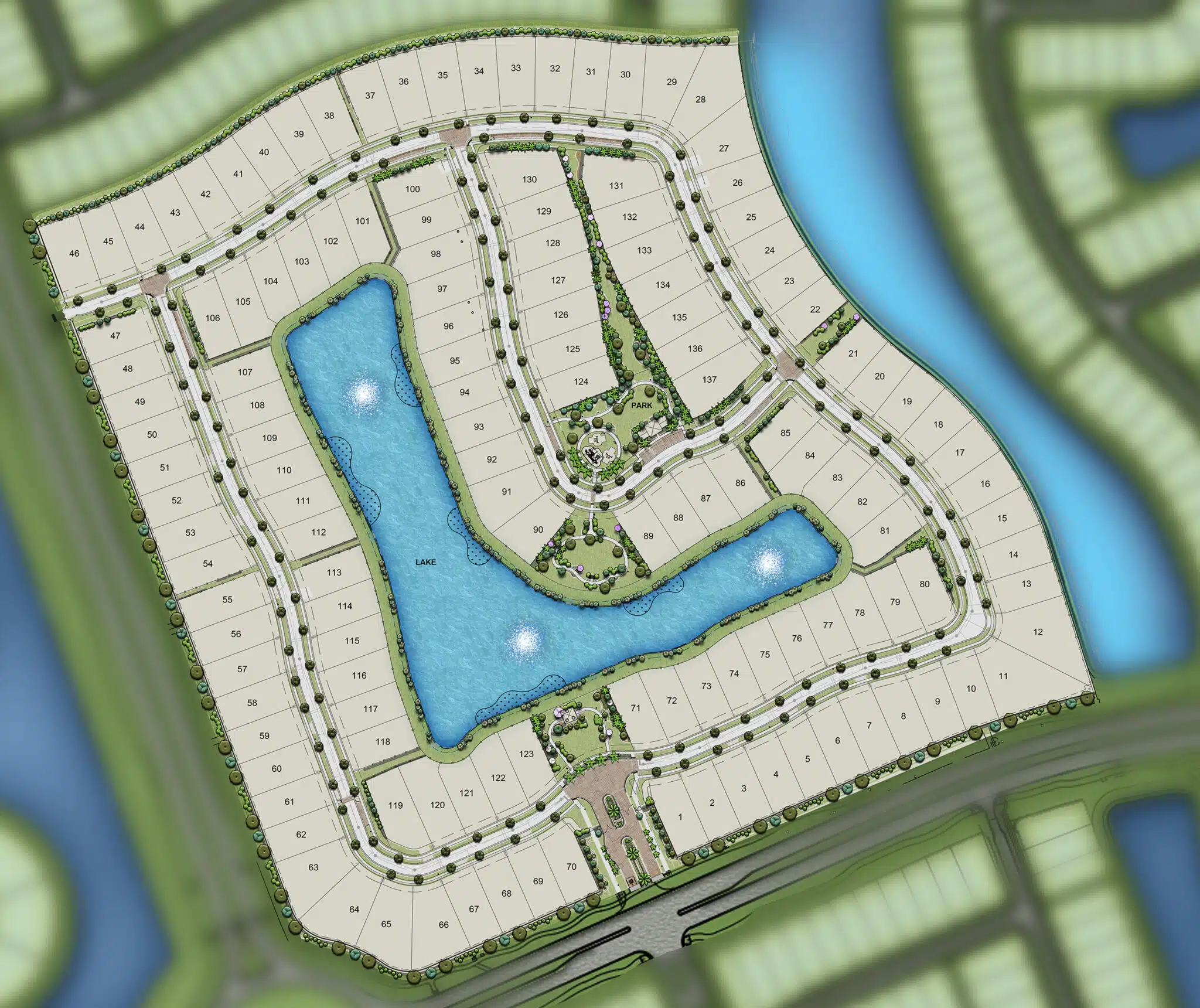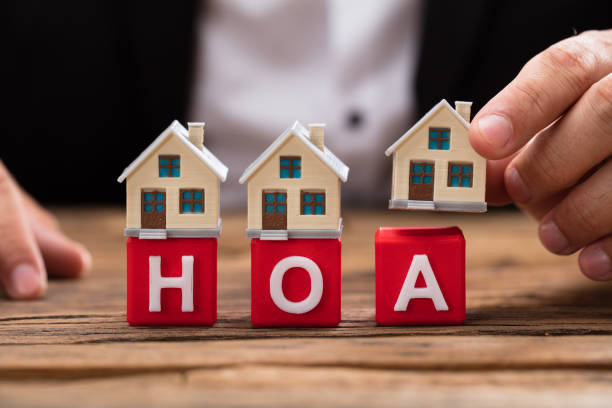Stone Gate
Stone Gate is a gated, luxury community of new homes nestled within Avenir, in the heart of Palm Beach Gardens. Experience unparalleled elegance and privacy while embracing sun-drenched days in a serene, sophisticated setting.
Stone Gate residents will enjoy an extraordinary array of world-class amenities at Avenir, where every detail is designed for an exceptional lifestyle. Explore a dynamic blend of entertainment, wellness, and nature—featuring pristine green spaces, scenic trails, and untouched landscapes. Indulge in championship golf just next door, experience the charm of a working farm, and discover endless opportunities for relaxation and adventure.
Models:
Aria: 3 beds, 3.5 Baths, Den, 3-Car Garage, 3,031 AC Sq Ft.
Nova: 3 beds, 3.5 Baths, Den, 3-Car Garage, 3,073 AC Sq Ft.
Ember: 3 beds, 3.5 Baths, Den, 3-Car Garage, 3,638 AC Sq Ft.
Phoenix: 4 beds, 4.5 Baths, Den, 3-Car Garage, 3,841 AC Sq Ft.
Zephyr: 5 beds, 5.5 Baths, Den, 3-Car Garage, 5,494 AC Sq Ft.
Stone Gate at Avenir delivers a harmonious balance of nature, architecture, and lifestyle amenities:
-
Private Gated Entry
A welcoming and secured entryway with lush, manicured landscaping and distinctive neighborhood signage. -
Coastal-Inspired Architectural Designs
Fresh, sophisticated homes with influences from Coastal Contemporary, Transitional, and Modern styles, designed to capture light, space, and scenic views. -
Thoughtful Single-Story and Two-Story Floorplans
Flexible living spaces designed for everyday comfort, entertaining, and the South Florida indoor-outdoor lifestyle. -
Premium Homesites
Residences are strategically positioned along shimmering lakes, green spaces, and nature preserves, ensuring privacy and stunning vistas. -
Personalized Interior Finishes
Homebuyers have access to WL Homes’ professional design center for personalized selections of cabinetry, flooring, fixtures, and more. -
Smart Home Integration
Each home is equipped for smart technology, offering security, convenience, and energy efficiency. -
Three-Car Garages
Spacious garages designed to accommodate modern living needs.
Avenir Amenities:
- New Great Egret Clubhouse with Over 28,000 Sq. Ft. Situated on 13 Acres
- Resort-Style Pool with Beach Entry & Spa
- Pool Area with Hammocks & Cabanas with Daybeds
- Lap Pool
- Full-Service Restaurant
- Indoor & Outdoor Bars
- Lounge Area
- Pro Shop
- Golf-Cart Friendly Community with Dedicated Cart Paths and Direct Access to Sandhill Crane & The Nest
- Town Center a Thriving Day-to-Night Community with Retail, Dining, and Entertainment
- Full-Service Spa with Sauna & Steam Rooms, Massage Rooms, Nail Salon and Make-Up
- Cutting Edge Sports Complex
- 24/7 Fitness Center with State-of-the-Art Equipment
- 9 Tennis Courts
- 12 Pickleball Courts
- Full-Sized Indoor Basketball Court
- 2 Card Rooms
- Outdoor Party Pavilion
- Open Play Field
- Dog Park
- Playground
- Teen Center
- Working Farm









 Kim N. Bregman
Kim N. Bregman